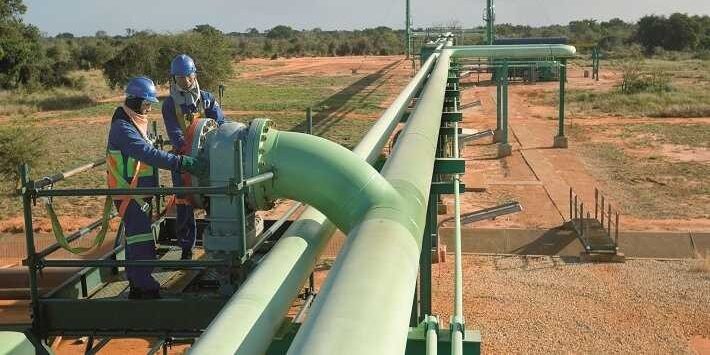By Vincent Ogo

June 30, 2021
The much anticipated Nigeria-Morocco pipeline that will supply gas to The Gambia and other countries is set to become a reality with the commencement of construction of the project.
The Chief Operating Officer of Gas and Power of the Nigerian National Petroleum Corporation (NNPC), Yusuf Usman, announced the start of the project.
The Morocco-Nigeria pipeline, both onshore and offshore, would supply gas to 13 countries in West and North Africa as a continuation of the existing West Africa Gas Pipeline (WAGP) between Nigeria, Benin, Togo and Ghana. With a possible extension to Europe through Spain, the pipeline would be one of the longest worldwide (5,660 kilometers, or 3,517 miles), and a new opportunity for socio-economic development in Western Africa. It is expected to create a competitive regional power market and benefit all West African people, countries, and their economies.
The project is in line with Morocco’s South-South Agenda; a key focus of Rabat’s foreign policy for greater engagement with Sub-Saharan Africa.
The pipeline project also falls in line with the “Decade of Gas Master Plan” that Nigeria’s President Muhammadu Buhari launched in 2020, which seeks to bolster Nigeria’s gas production and gas exports despite a global transition to clean energy.
During a telephone conversation with King Mohammed VI on January 31, Nigerian President Muhammadu Buhari expressed his country’s determination to materialise, “as soon as possible,” the Nigeria-Morocco gas pipeline project. According to Global Energy Monitor, the US $25bn
would take 25 years to complete, although Usman’s statements suggest an earlier completion date.
Before Morocco secured the deal with Nigeria, the NNPC had considered building the Trans-Saharan pipeline since the 1970s. The original plan would extend from Nigeria and into Algeria. Nigeria was however hesitant to extend the pipeline into Algeria, citing security concerns due to terrorism and political instability.
In 2019, the Economic Community of West African States (ECOWAS), which is an economic trade bloc that Morocco applied to join in 2017, supported the Nigeria-Morocco pipeline over the Trans-Saharan pipeline project. On the Moroccan side, this landmark project is part of the South-South cooperation upheld by King Mohammed VI.

